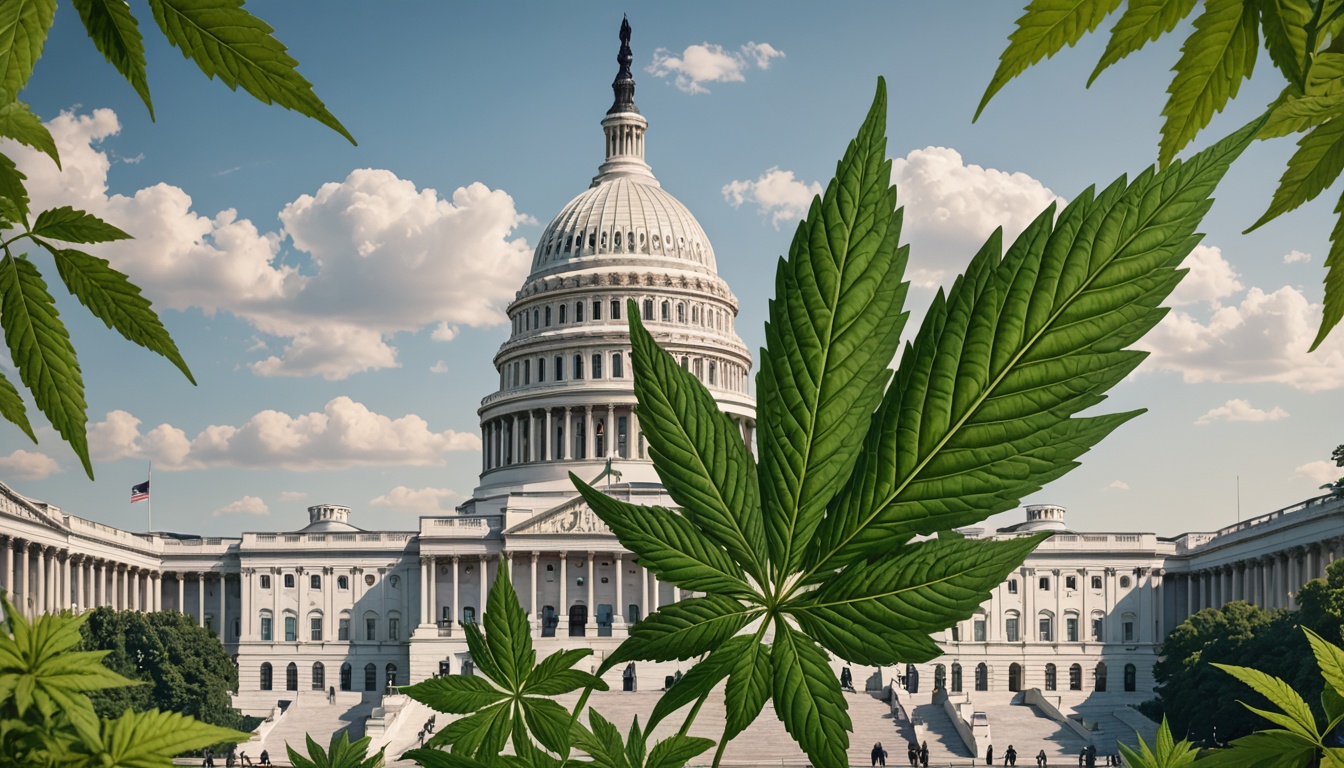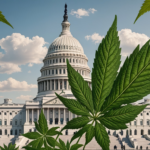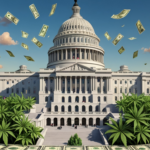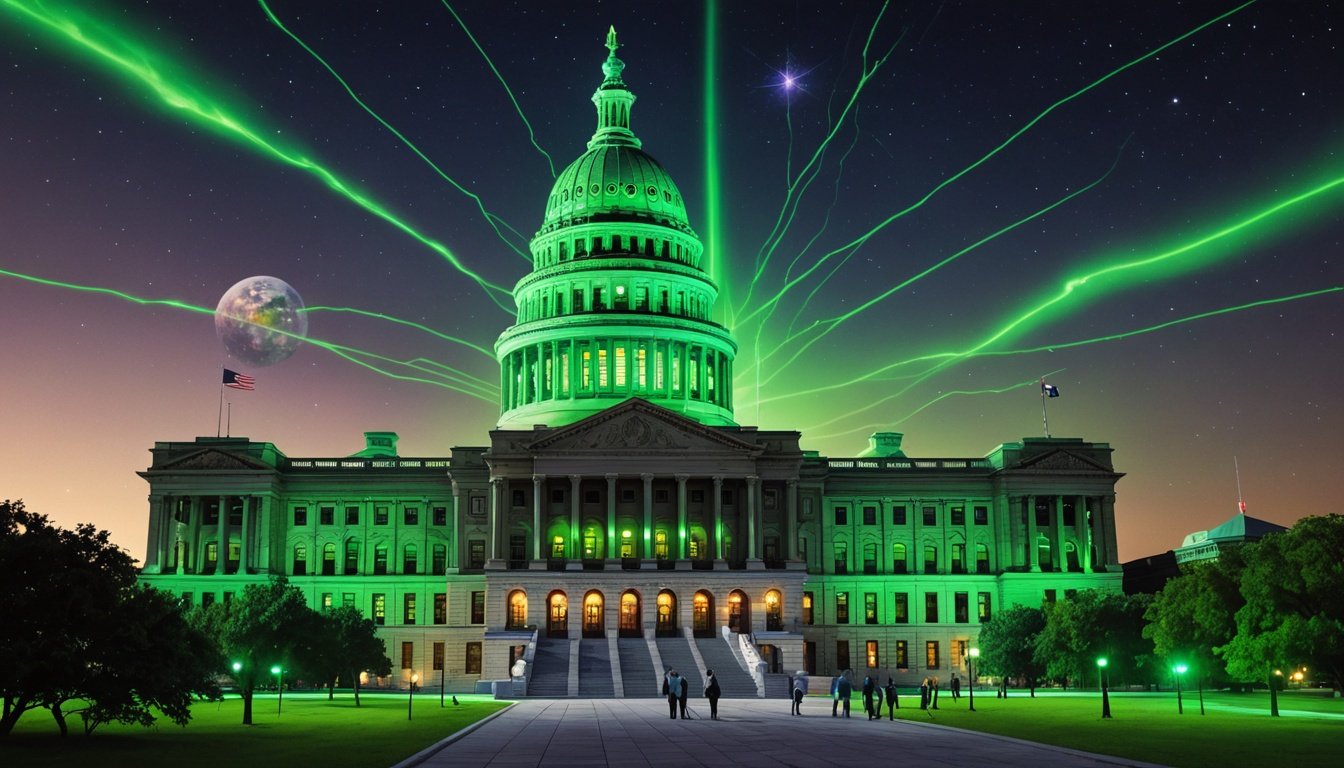Democratic Lawmakers Introduce Bill to Federally Legalize Marijuana, Amid Trump’s Rescheduling Considerations
A group of Democratic lawmakers has reintroduced a bill to federally legalize marijuana, despite uncertainty about its prospects in the current Congress. The Marijuana Opportunity, Reinvestment and Expungement (MORE) Act aims to deschedule marijuana, expunge past convictions, and promote social equity.
The bill, introduced by Rep. Jerrold Nadler (D-NY) and over three dozen cosponsors, is the fourth time it has been introduced in Congress. While it passed the House twice under Democratic control, it did not advance last session with Republicans in the majority.
The MORE Act would remove marijuana from the Controlled Substances Act, impose a federal excise tax on marijuana products, and prohibit federal agencies from denying public benefits to individuals solely due to marijuana use or past convictions. The bill would also create a process for expunging non-violent federal marijuana convictions and establish a Community Reinvestment Grant Program to support communities affected by the War on Drugs.
The bill’s provisions include:
* Descheduling marijuana by removing it from the Controlled Substances Act
* Imposing a federal excise tax on marijuana products, starting at 5% and rising to 8% by the fifth year
* Prohibiting federal agencies from denying public benefits to individuals solely due to marijuana use or past convictions
* Creating a process for expunging non-violent federal marijuana convictions
* Establishing a Community Reinvestment Grant Program to support communities affected by the War on Drugs
* Requiring the Comptroller General to study the demographics of people who have faced federal marijuana convictions
* Requiring the Treasury Secretary to study the characteristics of the cannabis industry and make recommendations for improving regulation and taxation
* Requiring the Bureau of Labor Statistics to regularly compile and maintain data on the demographics of marijuana business owners and workers
The bill’s introduction comes as the Trump administration is considering rescheduling marijuana, which would not legalize it but would move it from Schedule I to Schedule III. While some advocates see this as a step in the right direction, others argue that it does not go far enough.
Advocates for the MORE Act say that it is necessary to address the social and economic harms caused by marijuana criminalization, which has disproportionately affected communities of color and low-income communities. They argue that the bill’s provisions would help to repair the damage caused by decades of prohibition and provide a framework for a more equitable and just cannabis industry.











